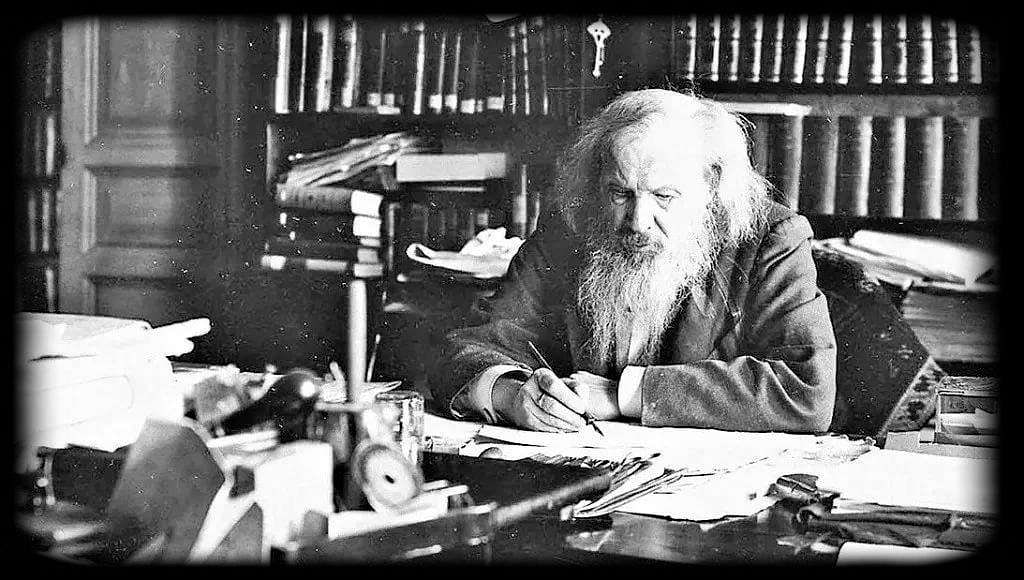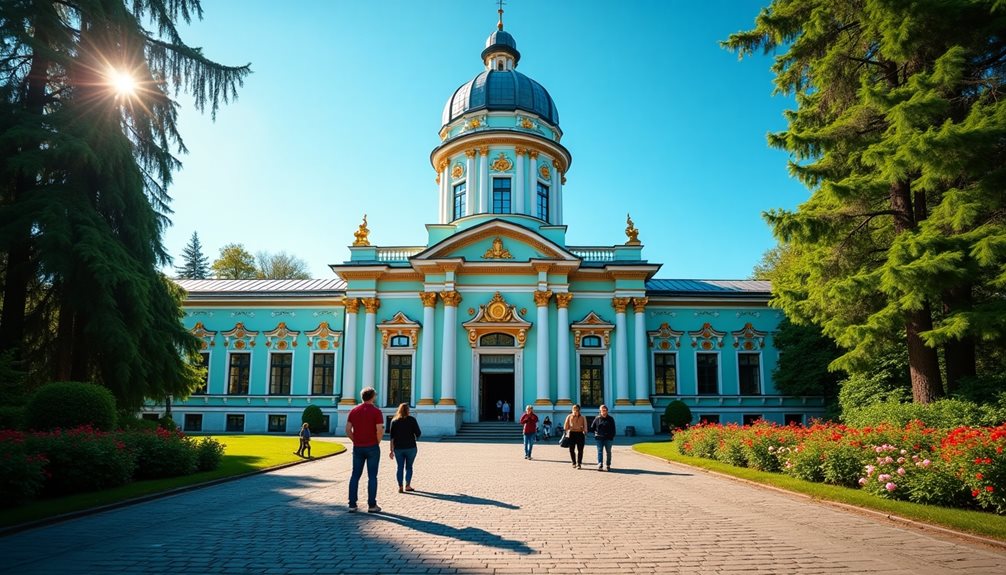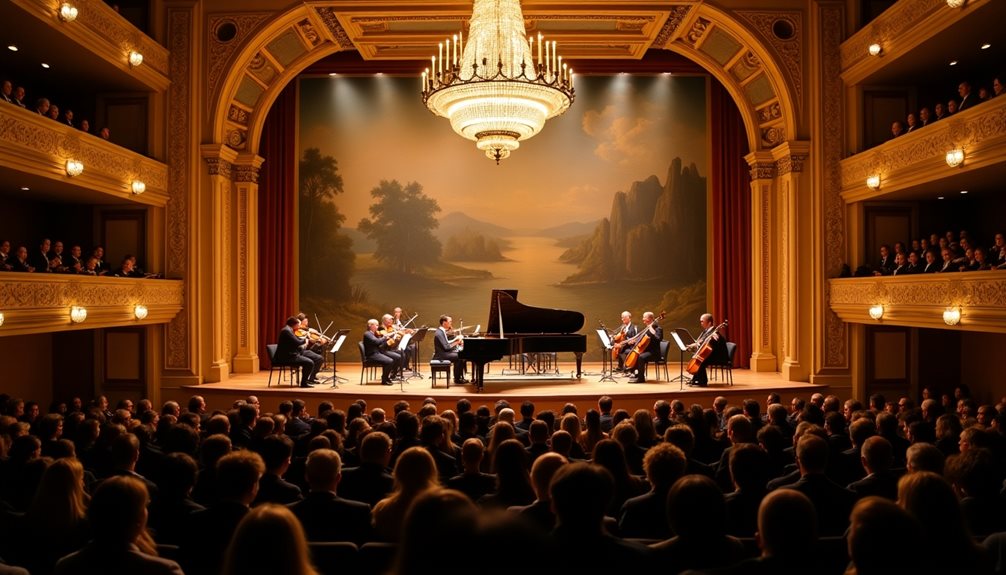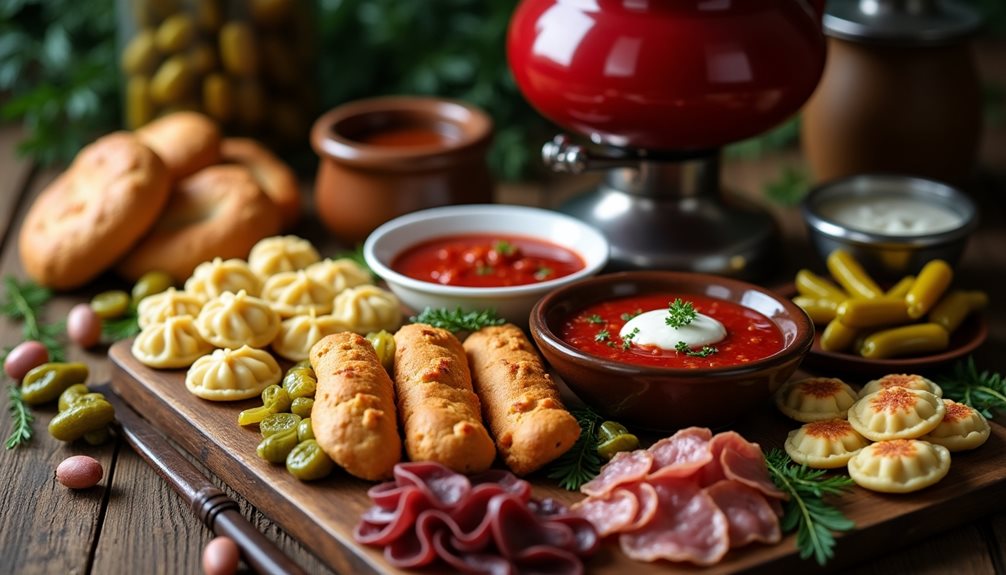February in Russia is a month steeped in cultural importance, intertwining historical reverence with contemporary customs. At the heart of this month’s celebrations is Defender of the Fatherland Day, a significant public holiday that honors military service and stirs national pride.
Introduction
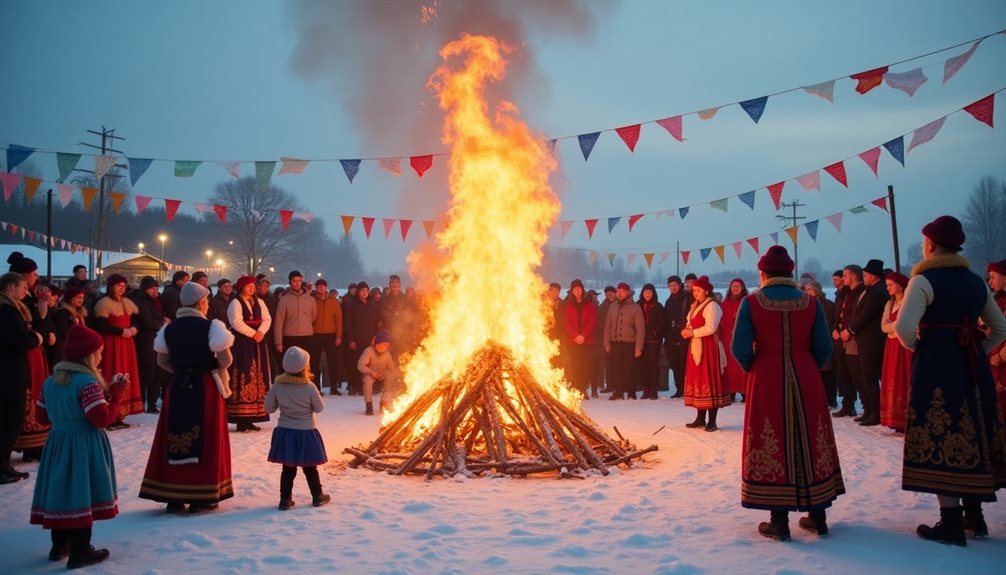
February in Russia is characterized by a mix of cultural and historical observances that reflect the country’s rich heritage.
Among these, Defender of the Fatherland Day stands out as a significant public holiday, honoring military achievements and veterans.
Additionally, the month often includes various regional and traditional celebrations, each contributing to an array of Russian festivities.
For example, Maslenitsa marks a lively farewell to winter, characterized by communal activities and traditional foods that bring people together. Valentine’s Day, though a more recent addition to the calendar, highlights the evolving social dynamics within Russian society. Each holiday offers a distinct perspective on Russian culture, inviting deeper exploration into its rich tapestry.
As winter reaches its peak, February showcases a fascinating array of festivities that reflect the nation’s diverse heritage. These celebrations not only honor historical traditions but also embrace modern influences, creating a vibrant blend of the old and new.
Culinary Delights and Evolving Customs
Festive foods play a crucial role during this month, providing culinary delights that warm both body and spirit amid the cold. Historically, these holidays have evolved over time, integrating contemporary celebrations while remaining rooted in age-old customs.The result is a dynamic collection of events where tradition meets modernity, creating an engaging atmosphere that captivates both locals and visitors alike. Each celebration serves as a unique window into Russia’s past and present, highlighting the country’s rich cultural landscape.
Defender of the Fatherland Day
Defender of the Fatherland Day (День защитника Отечества), celebrated on February 23, traces its origins to 1918, when the first mass draft into the Red Army marked a turning point in Russian history. Emerging during a turbulent post-revolutionary period, this day symbolized the newly formed Soviet state’s efforts to defend itself against external threats and internal unrest. Over time, it has evolved from a strictly military-focused holiday into a broader celebration of men and their contributions to society.
Evolving Traditions and Modern Significance
Originally commemorating military valor, the holiday now honors both those who serve in the armed forces and men in general. Public celebrations include parades, ceremonies, and family gatherings that reflect on national unity and resilience. Women play a key role in the festivities by presenting men with small gifts—ranging from socks to souvenirs—as tokens of appreciation and respect.
This evolution highlights shifting societal values, recognizing men’s diverse roles beyond the battlefield while maintaining a connection to Russia’s military heritage. Defender of the Fatherland Day continues to serve as a reflection of national pride, resilience, and gratitude, blending historical reverence with contemporary customs.
Maslenitsa
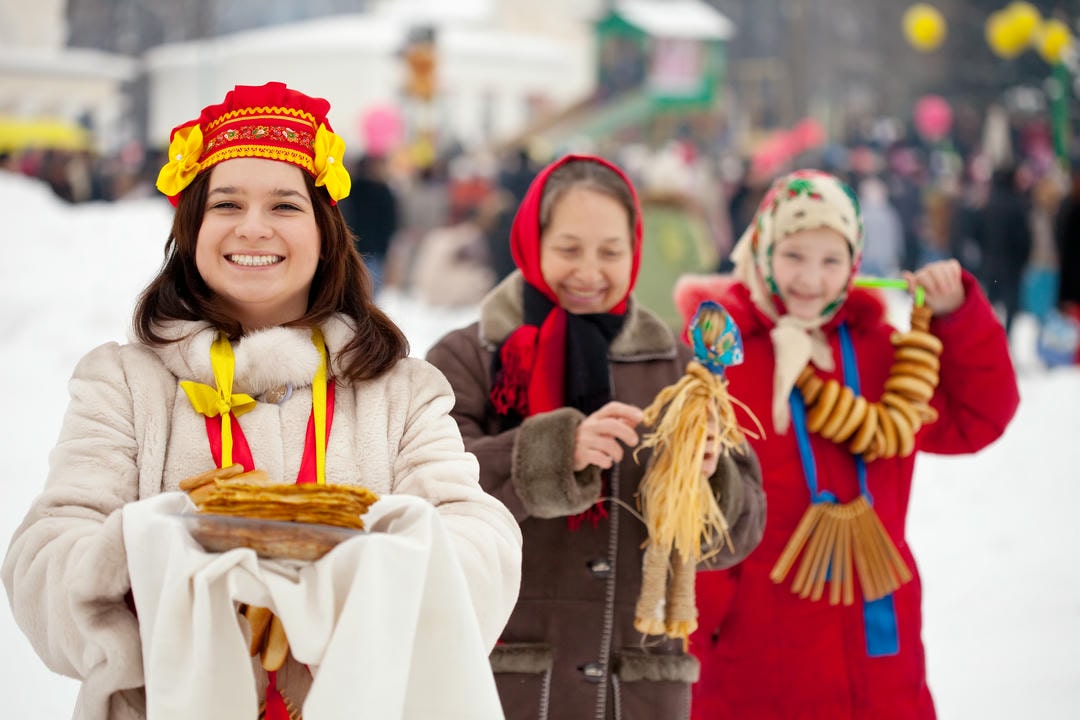
Maslenitsa (Масленица) is a lively week-long festival celebrated annually from February 24 to March 2, with dates varying each year. This festival, rooted in both pagan and Christian traditions, marks the transition from winter to spring and prepares participants for Lent. Central to the celebration is the consumption of pancakes, known as bliny, which symbolize the sun.
Festivities and Traditions
As winter’s chill begins to wane in Russia, Maslenitsa comes alive with a variety of outdoor activities. Participants engage in sledding, snowball fights, and lighting bonfires, all reflecting a communal spirit of warmth and renewal. Family gatherings are a hallmark of this festival, where generations come together to share meals and stories, fostering connections through traditional practices.
The week is filled with specific rituals for each day, including visiting friends and family, engaging in winter sports, and enjoying communal feasts. The culmination occurs on Forgiveness Sunday, where people seek forgiveness from one another, symbolizing unity and joy. The festival concludes with the ceremonial burning of a straw figure representing winter, signaling the end of the cold season.
Cultural Significance
Maslenitsa serves as a vibrant expression of Russian cultural identity, encapsulating the nation’s historical and social evolution. The festival not only celebrates the end of winter but also reinforces community bonds through shared experiences. Modern celebrations have adapted to include theatrical performances and various entertainment forms, ensuring that Maslenitsa remains a dynamic reflection of Russia’s rich heritage while embracing contemporary life.
Valentine’s Day
Valentine’s Day (День Святого Валентина), celebrated on February 14, has gained popularity among young people in urban Russia. This Western holiday is embraced for its emphasis on romantic expressions, typically involving the exchange of cards, gifts, and intimate dinners.
The rise of Valentine’s Day in Russia mirrors a broader trend of cultural globalization and a shift in social dynamics that prioritizes personal connections. It has become a unique cultural phenomenon, blending traditional Russian customs with contemporary romantic practices.
Celebration Practices
On this day, couples exchange gifts such as flowers, chocolates, and heart-shaped tokens to symbolize affection. Many choose to celebrate with candlelit dinners at restaurants or cozy home settings, enhancing the romantic atmosphere. Love letters also play a significant role in expressing emotions during this celebration.
Despite being relatively modern and not recognized as a public holiday, Valentine’s Day is widely acknowledged across Russia. Polls indicate that nearly half of Russians view it as an opportunity to bring joy to loved ones, although some critique it as a commercialized event.
Regional variations in celebrations highlight both Western influences and local customs. For instance, while most cities celebrate with enthusiasm, some places like Belgorod have banned the holiday due to its perceived foreign origins and lack of moral values.
As urbanization and globalization continue to shape cultural exchanges, Valentine’s Day has become integrated into the lives of young Russians. Social media platforms amplify its presence, allowing individuals to connect over shared experiences and express their feelings creatively. The holiday encourages a modern approach to love and appreciation, challenging conventional norms and allowing for personal expression in romantic relationships.
Conclusion
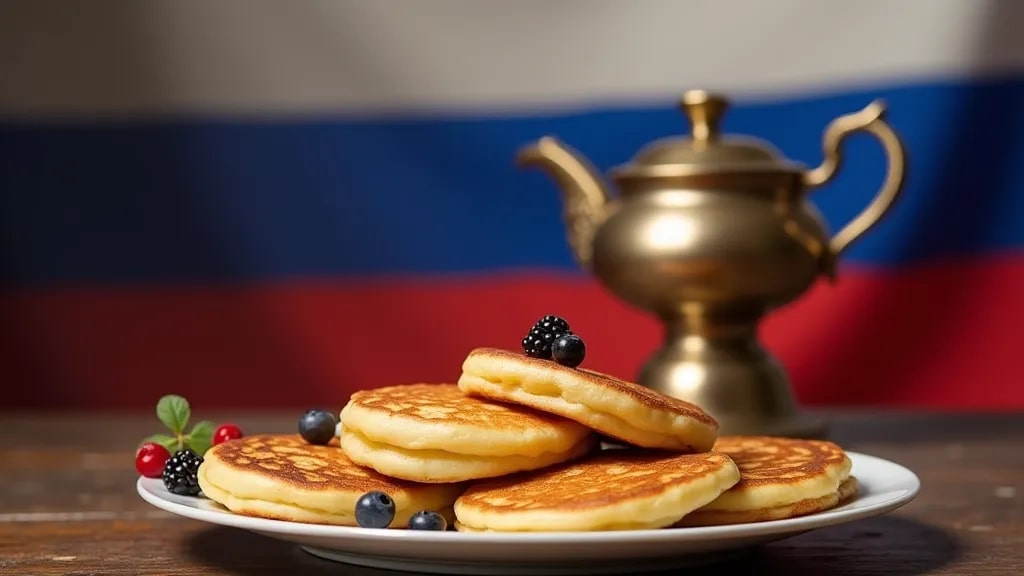
Despite the chill of winter, February holds a unique significance in Russia, marked by a blend of historical remembrance and cultural celebration. The month embodies cultural significance through its winter traditions and modern celebrations, offering a dynamic interplay of past and present.
These celebrations, ranging from the historical Defender of the Fatherland day and traditional Maslenitsa to the modern Valentine’s Day, exemplify the nation’s ability to embrace both ancient customs and contemporary influences.


